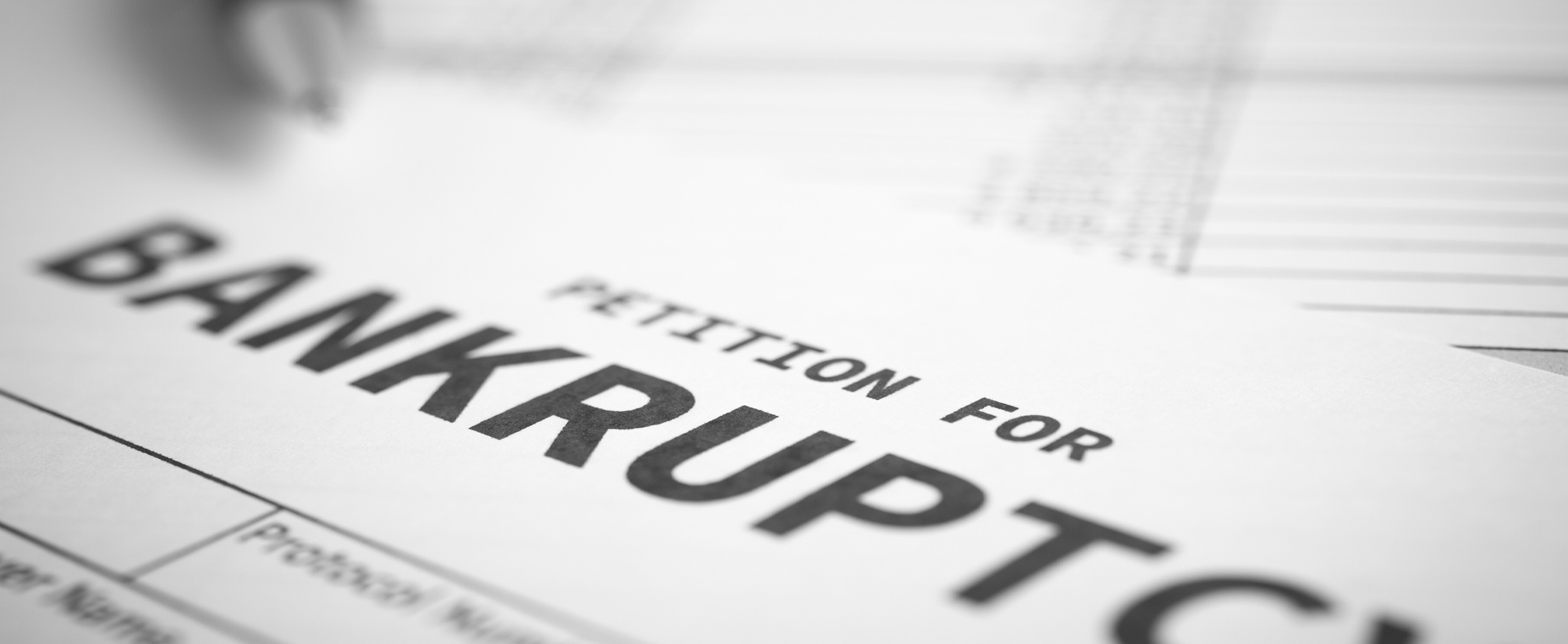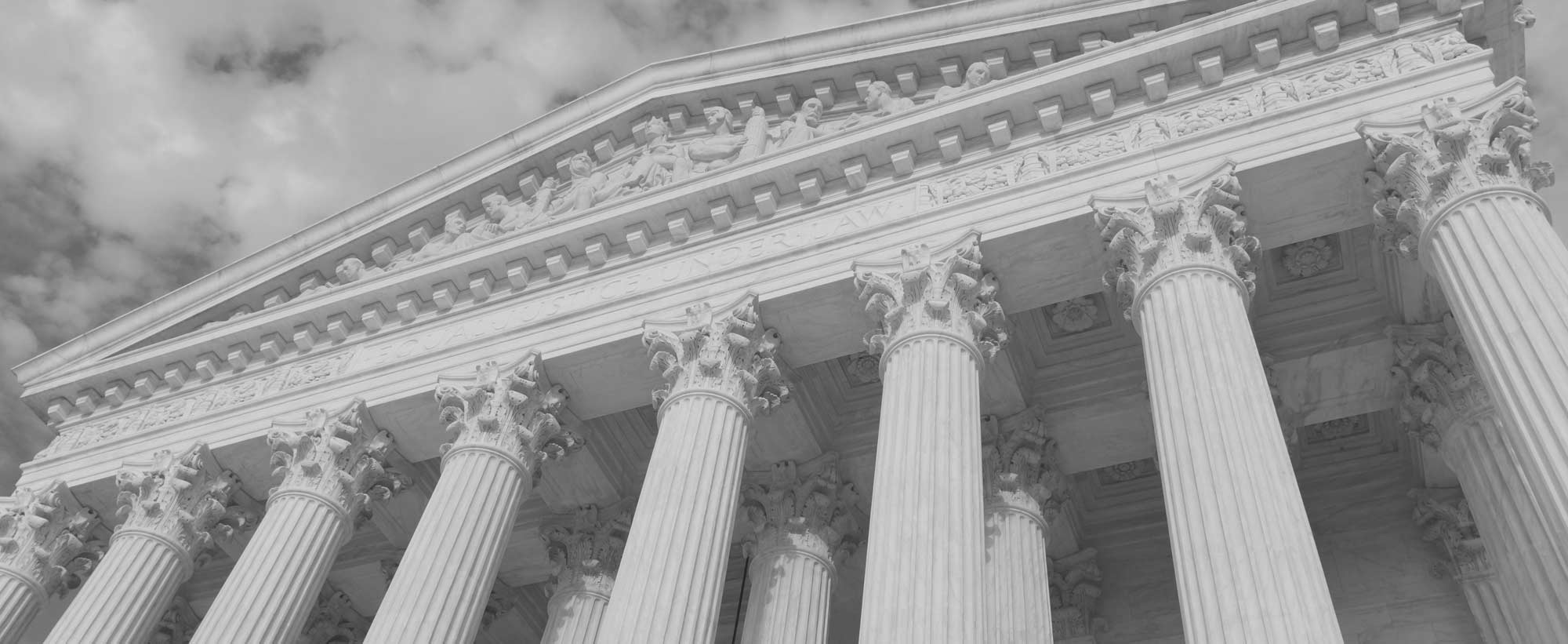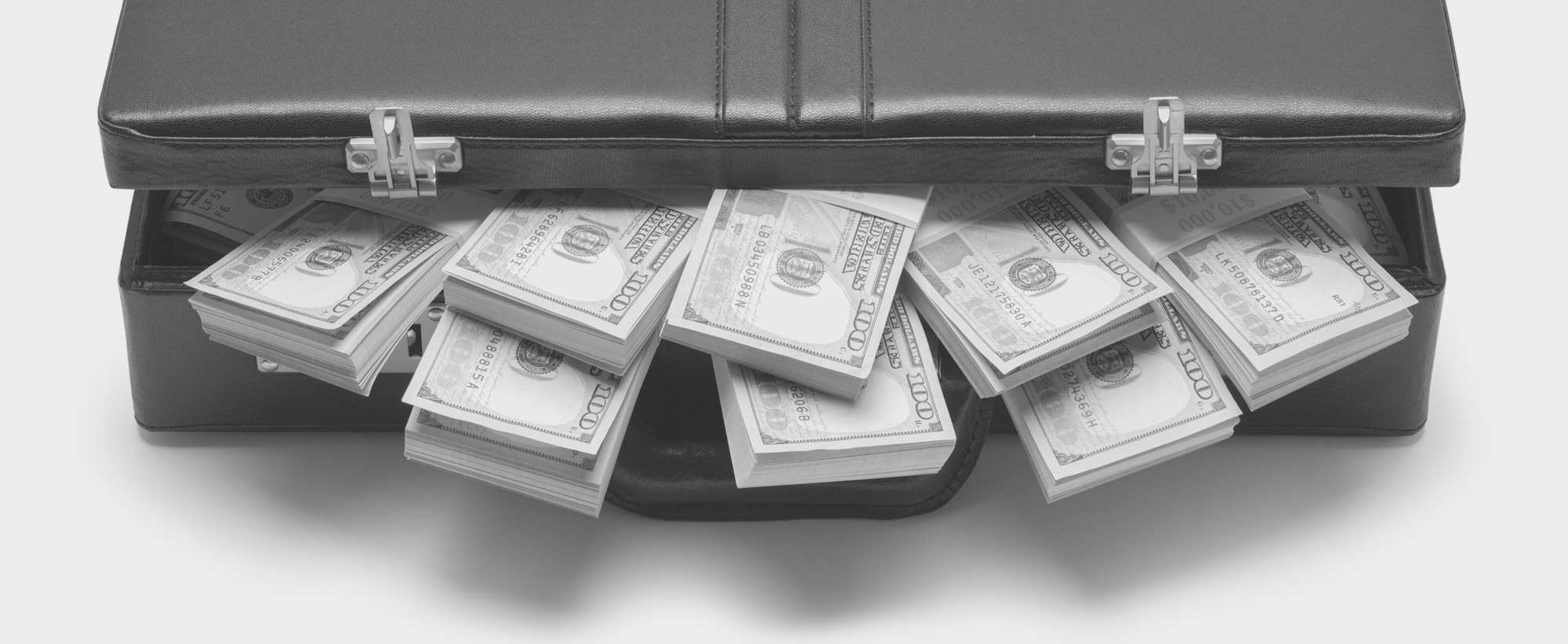Bankruptcy should not be entered into lightly. If you’re considering bankruptcy, you’ll want to ask the right questions and also work with a skilled bankruptcy attorney like the ones at Resnik Hayes Moradi.
Considering Bankruptcy?
Bankruptcy is life changing. It can take you from an overwhelming and overburdening amount of debt to a clean financial slate. There are questions you’ll want to ask before you decide to move forward.
Which Type of Bankruptcy Works for Me?
The type of bankruptcy you declare will be based on the specifics of your situation. Is this a personal bankruptcy? Or a business bankruptcy? We’ll dicuss the different forms below.
How Long Does it Take?
Chapter 7 bankruptcy case lasts an average of four months. A Chapter 13 bankruptcy plan lasts for three to five years. A Chapter 11 bankruptcy case may last for two years or longer.
Public Scrutiny During Bankruptcy
When filing bankruptcy you must be prepared to expose your financial life to the public. You will be required to attend a meeting of creditors when you file for bankruptcy protection. During which the bankruptcy trustee (and maybe even one of your creditors) will ask you probing questions in a public room. Often this can be an extremely uncomfortable and embarrassing process.
Disclosing Your Financial Information During Your Bankruptcy Case
You must be completely honest in bankruptcy because bankruptcy courts feel that only the honest debtor is entitled to a discharge of debt. You must list all of your property, debts, and creditors. If you fail to do so you may you lose the bankruptcy discharge. Because dishonesty in bankruptcy is a serious federal crime you might also be subject to an FBI investigation.
Requires Great Attention
Because bankruptcy is based on forms many people perceive it is a simple and straightforward process. But the forms contain complex questions about your financial affairs and require sufficient time to understand the bankruptcy forms before filing for bankruptcy.
Bankruptcy Discharge is Personal
Discharge is the ultimate goal of bankruptcy. It bars your creditors from ever attempting to collect debts from you and you alone, and does not eliminate the debt itself. So, for example, if you are one of the co-signers on a home loan and you file for bankruptcy, the debt is not wiped out and the lender can still seek to collect the debt from your co-signer.
It’s Not Cheap
Filing for bankruptcy can cost you a significant amount of money, especially if you decide to hire an attorney which can cost anywhere from several hundred dollars to several thousand dollars. Even if you decide to prepare and file your own bankruptcy case it can be costly because the filing fees alone are substantial. Debtors may find relief from filing fees by petitioning for a fee waiver. The court bases its waiver decision on your income, which generally must not be greater than 150% of the federal poverty level.
Types of Bankruptcy Available

Chapter 13
Chapter 13 bankruptcy is designed to allow you to keep all of your property, but is also determined by your property. The amount of your nonexempt property affects how much unsecured creditors get paid during your bankruptcy process. And to avoid foreclosure or repossession, you still need to keep up with the payments you make for you secured debt, such as mortgages or car loans.
Chapter 7
When you file a Chapter 7 bankruptcy, almost all of your assets and property are liquidated and thus become property of the bankruptcy estate that is sold to allow you to repay your debts. There are some exceptions to this though.
During your Chapter 7 bankruptcy, a bankruptcy trustee is appointed and given the authority to sell your assets so that you are able to pay your creditors. Just because your assets are being sold, that does not mean that all of your property needs to be sold.
Chapter 11 Bankruptcy
Under Chapter 11 bankruptcy, the business or individual undergoes a reorganization in order to pay down its debt and reorganize its income and expenses while regaining its profits. If your business is a corporation, limited liability company (LLC) or partnership, it can continue business operations during the bankruptcy process. While the business is making payments through the debt repayment plan, the business continues operating.
The Chapter 11 bankruptcy process can be a complex, and lengthy one. If you are facing a Chapter 11, you’ll want to work with a bankruptcy attorney to understand the process and what you will need to do to move through it. They will be able to explain the terminology in addition to what is legal, and what you will be required to do.
Filing for Bankruptcy and a Quick Overview of Process
It is always advised that when you decide to file for bankruptcy, that you work with a bankruptcy attorney to ensure that you follow the correct process and submit the correct paperwork.
Your bankruptcy will not be official until you have entered the bankruptcy petition with the court. Once the petition is filed, you will receive an automatic stay. Apart from actually receiving a discharge of debts, an automatic stay is probably the most important feature of filing for bankruptcy.
When you file for Chapter 7 or Chapter 13 bankruptcy, an automatic stay immediately goes into effect and prohibits most creditors from continuing with collection activities. This can provide welcome relief to debtors as well as an opportunity to regroup during bankruptcy. Because of this the automatic stay may provide a powerful reason to file for bankruptcy.
Automatic Stay
It’s important you educate yourself about what’s impacted by automatic stays before filing. While some things can be prevented, an automatic stay might not be able to prevent other important issues you are facing. Below you will find a quick list of things that can and cannot be prevented, but you should work with a lawyer to fully understand the ins and outs of each.
Automatic Stay Can Prevent:
- Utility disconnections
- Foreclosure
- Eviction
- Collection of overpayments of public benefits
- Multiple wage garnishments
Automatic Stay Cannot Prevent:
- Certain tax proceedings
- Support actions
- Criminal proceedings
- Loans from a pension
- Multiple filings
After Automatic Stay
The automatic stay does not mean you are “done.” Below is a quick overview of what happens next.
A court will assign a trustee to oversee the bankruptcy case, including ensuring a debtor is eligible to file as well as handling the meeting of the creditors. this meeting usually happens 6 weeks after filing. During this meeting, the bankruptcy trustee and your creditors ask you questions about your bankruptcy petition. You will be under oath for this meeting, and will need to prepare documents outlining your assets, debts, expenses and overall state of affairs. A bankruptcy lawyer can help you to prepare these necessary documents.
If filing Chapter 7 or Chapter 13, to fully exit bankruptcy a debtor will need to complete a certified Debtor Education Course. This is similar to the Credit Counseling course required for petitioning for bankruptcy. At the conclusion of the course, you will receive a certificate of completion. Once you receive that certificate, your bankruptcy case is closed. All debts should be handled, and creditors should not be allowed to collect any debts.
At this point, you are free to move forward.
Moving Forward After Bankruptcy
One of the biggest hesitations with filing for bankruptcy is the amount of time it takes to restore your life and your credit.
According to the Fair Credit Reporting Act, a bankruptcy will remain on a debtor’s credit for up to ten years after your filing date. A Chapter 13 bankruptcy is typically removed from a debtor’s credit report after seven years. Remember that these timelines are from the day you file your case, not the day it is discharged, which helps you get through it a little faster. Because most Chapter 13 bankruptcies last three to five years because of the repayment schedule, chances are a Chapter 13 will only appear on a credit report for another two to four years after completion.
Working with a Bankruptcy Attorney
Bankruptcy law can be hard to understand. As you can see, there are a number of processes involved that you might not be fully aware of. Because of this, it’s highly advised that you work with a bankruptcy attorney that can walk you through the process and clarify any questions or concerns you might have. A bankruptcy attorney might also be able to prescribe options that keep you out of having to declare bankruptcy in the first place. There can be a lot of questions during this extremely stressful time. Let the lawyers at Resnik Hayes Moradi walk you through the process so you can achieve the best outcome possible.
5455 Wilshire Blvd STE12000
Los Angeles, CA 90036
Phone: (213) 699-3055



